Talking to your children about sexual assault might not be an easy conversation for a lot of parents. It may not even occur to some if their child is still young. When should you say something? How do you find the right words to avoid scaring them or leaving them bewildered and confused? Maybe that’s exactly how you’re feeling.
Michelle Patch, the guidance counselor at Windham Primary School says it’s important for parents and guardians to have the conversation. Knowing that it’s a challenging topic, the school invited educators from Sexual Assault Response Services of Southern Maine (SARSSM) to do a presentation for several classes.
Because they’re so young — kindergarten through third grade — the presenters use puppets to get their messages across. Cole Leighton, the lead educator, explained that for each grade the script is a little different. The basic goal is the same. “K through three is all about personal body safety,” he says. “We’re trying to get them to identify touches that are hurtful or confusing and what they can do if that happens.”
Cole and another educator, Devon Mulligan, begin a presentation to third graders by asking them to name some touches that feel good.
Touches that can feel good
- Hugs
- Kiss from mom or dad
- Pats on the back
- High fives
- Fist bumps
Everyone agreed that they only felt good if they wanted these touches.
What about hurtful touches?
- Pushing
- Hitting
- Kicking
- Punching
- Poking
- Slapping
What about confusing touches?
To help them understand what confusing touches were, Cole told a story about attending a family wedding as a child. “A woman pointed at me,” he said. “She scooped me up and gave me a big hug and said she hadn’t seen me since I was in diapers. I felt good about the hug, but I didn’t know her so I also felt nervous and embarrassed.”
He told them about his cousin who wouldn’t stop tickling him once. “I usually enjoyed being tickled, but I was laughing so much, I couldn’t breathe. I felt scared and confused. Finally, my cousin noticed and stopped”
And then he talked about people’s “private areas” and how sometimes a parent or doctor might need to touch their private areas. When would it be ok? “Touching you in your private areas should only be to keep you clean and healthy,” Cole told them. “And it should never be a secret.”
During the presentations, Michelle always sits where she can see the kids’ faces. She reads their body language and notices how they are responding. “If I notice anything, if a child comes back with a report or if a parent calls — anything — we have a great student support team,” she says. “Me as the school counselor, a social worker, a behavioral interventionalist, behavioral specialist, and a school psychologist. We have an amazing staff of people who can really handle things if and when they come up.”
The school sent out four notices to parents so they could call and ask questions ahead of time. They could also opt out. No one did.
Rebecca Miller, the third graders’ teacher, was seeing the presentation for the first time. “I think it was very appropriate for something that needs to be talked about,” she said. “They presented in a kid-friendly, appropriate way and they did a really good job with their preparation and how they used the puppets.”
The puppets, Ollie and Max, represented two best buddies. Ollie has a secret about a neighbor who touched him in his private areas and told him not to tell anybody. Max senses that something is wrong and draws it out of him. Together, they decide what to do. Tell a grownup. Ollie’s mom or dad, another adult relative, or his teacher. Someone he trusts.
Five points were repeated several times throughout the presentation. By the end, the kids knew what they were.
- Touches are supposed to feel good.
- My body belongs to me.
- Touches in private areas are never a secret.
- Touches in private areas are only to keep me clean and healthy
- When I need help, I talk to a grown-up I can trust.
About SARSSM
SARSSM has been providing free and confidential services to victims of sexual assault for the past 40 years. The organization has two primary goals:
- Provide support and advocacy to victims of sexual violence.
- Provide prevention education and awareness around the issue of sexual violence and exploitation.
It offers age-appropriate educational programs that it says are “grounded in recent research on the issue of sexual violence in our culture.”
In the primary grades, they teach kids about personal safety. “With this age group,” says Cole, “it’s not as much about prevention because young kids can’t prevent sexual assault. It’s more about making sure they have the resources they need and know who they can talk to if they are experiencing a sexual assault.”
In middle school, the focus begins with bullying and harassment and by the 8th grade, they are talking about how to prevent a sexual assault. Sexual assault prevention continues through high school and college. SARSSM also offers community prevention and awareness programs.
Currently, 1 in 4 women and 1 in 6 men in the United States will experience sexual assault in their lifetime. It happens to children, too. “Statistics show that somewhere within our school, with our kids, this is happening on some level,” says Michelle. “I invited SARSSM here because they know what they’re talking about, they’re the experts. I just want to give our kids a voice. That’s my biggest goal in all of this.”
You can learn more about SARSSM and the programs and services it offers on the SARSSM website.

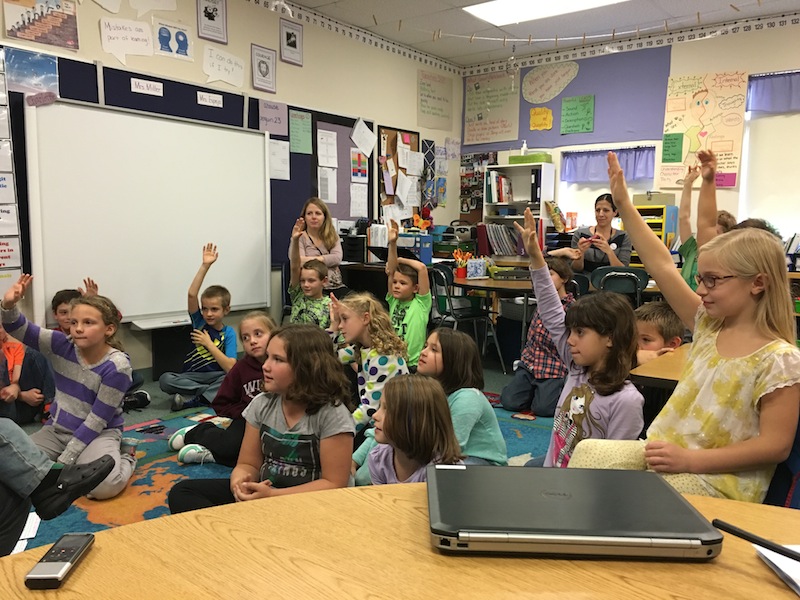
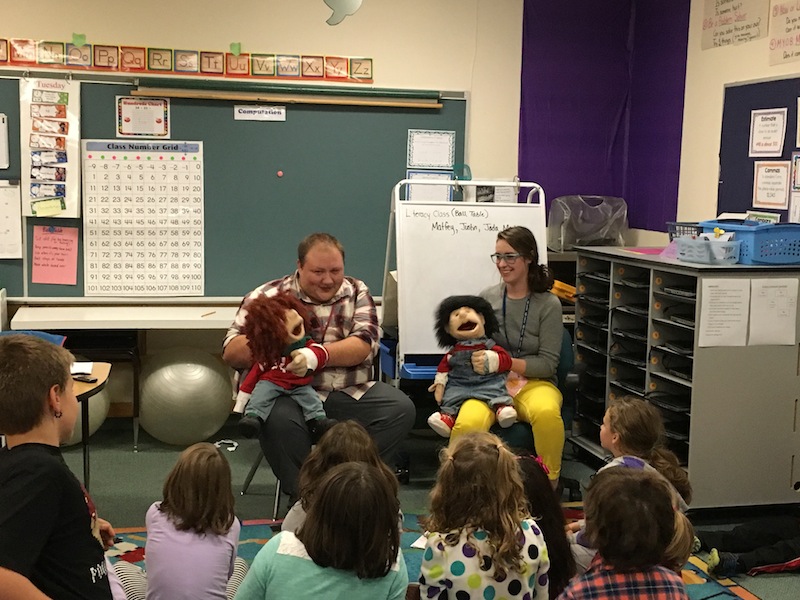
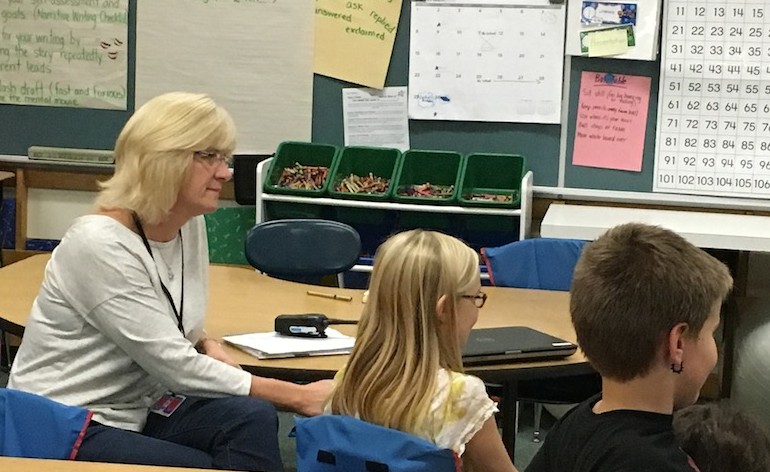
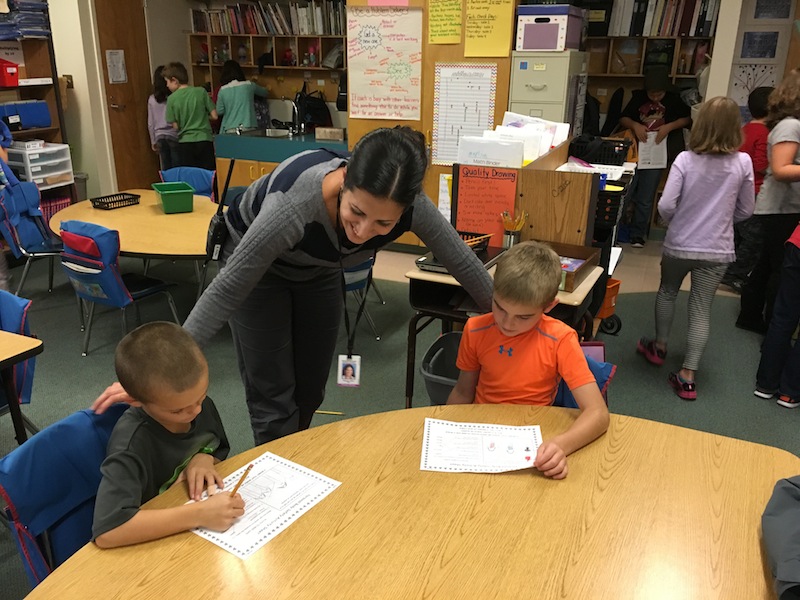
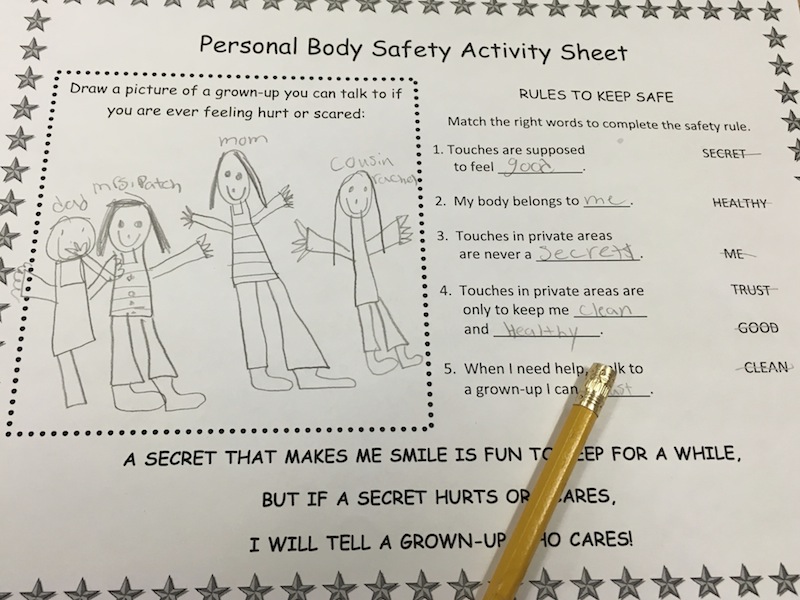
Leave A Comment